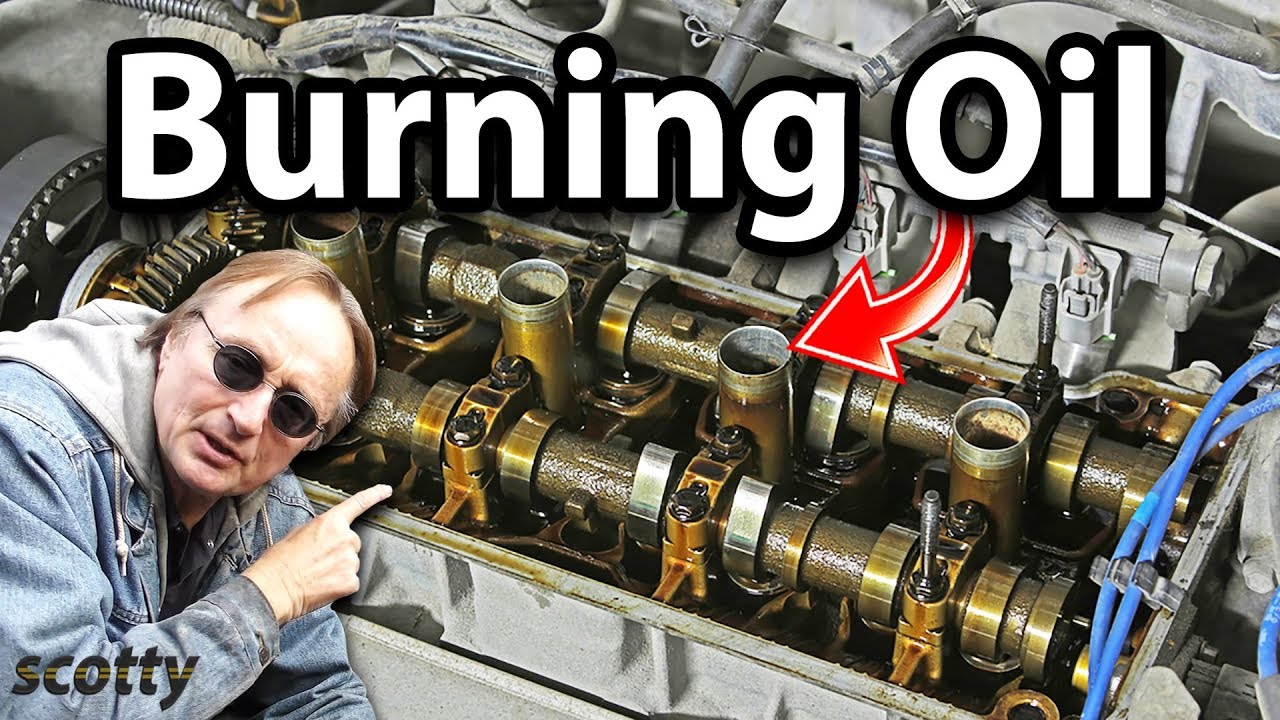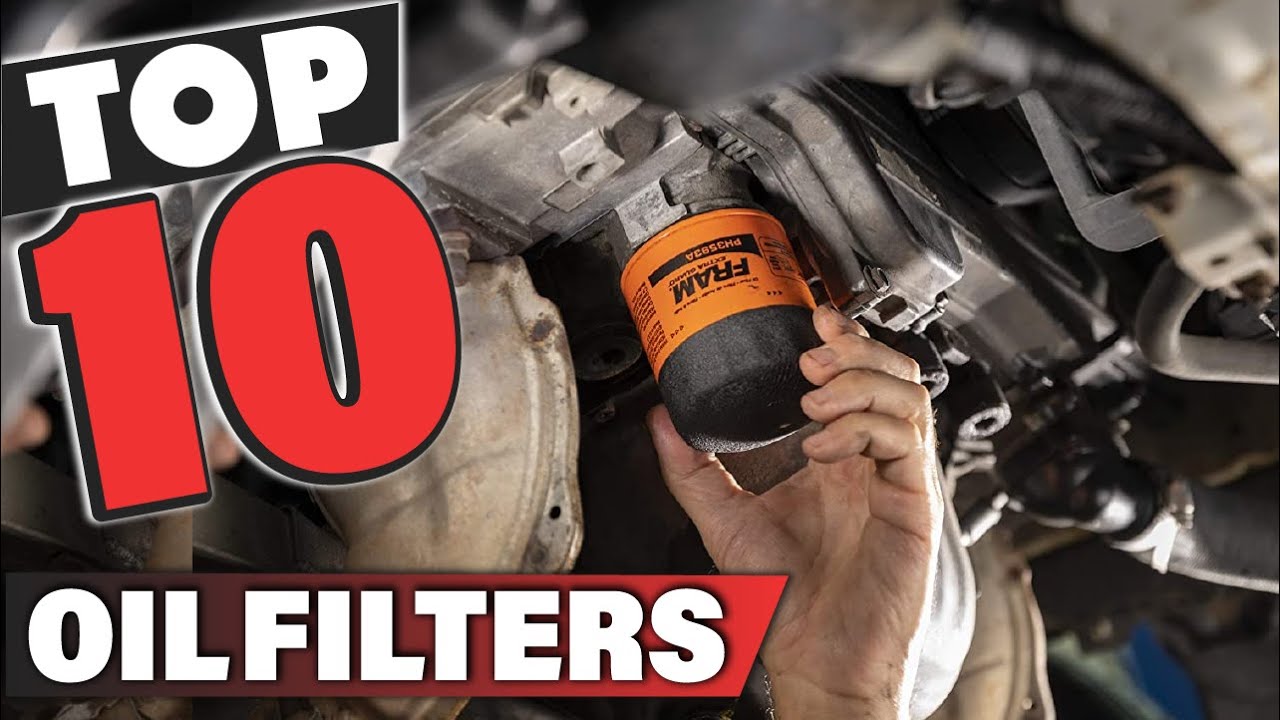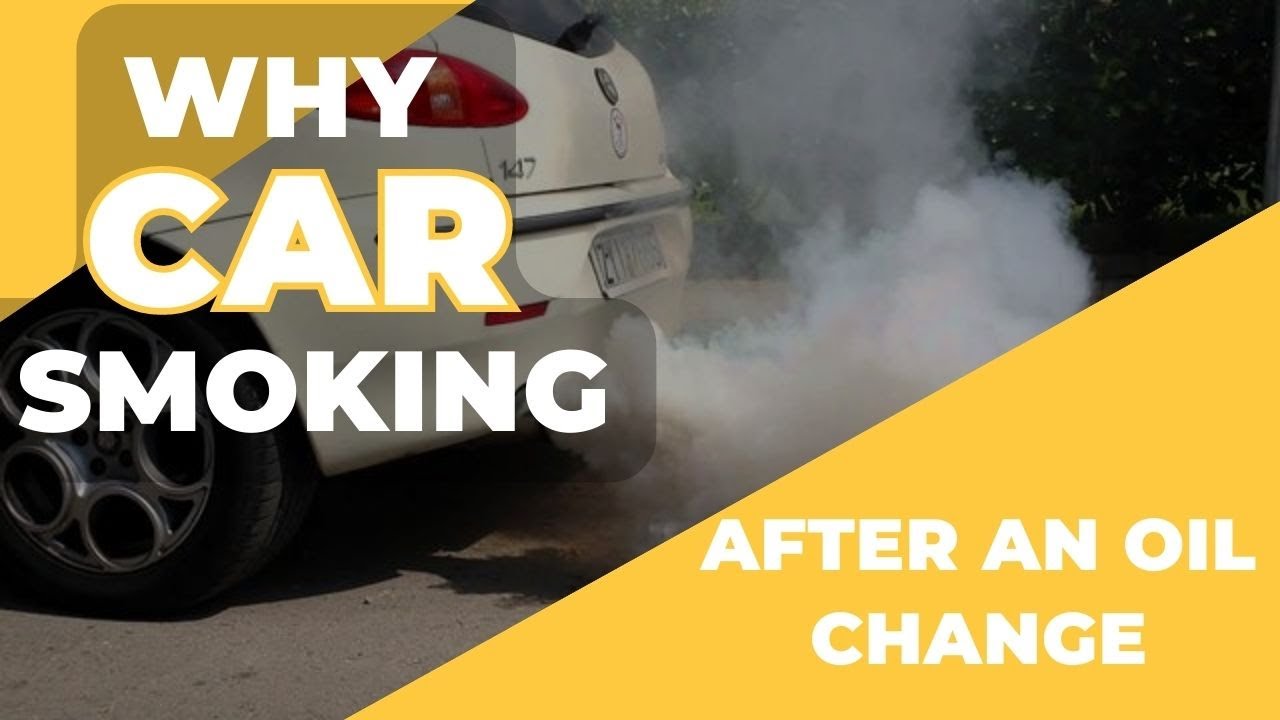Car engines require oil to lubricate the moving parts and help keep them cool. Engine oil serves as a lubricant for the moving parts of the engine. Without sufficient lubrication, the engine’s parts would rub against each other, causing excessive heat and wear. In addition to lubricating the engine, engine oil also helps to cool the engine by transferring heat away from the combustion chamber and other hot engine parts.
When a car burns oil, the engine consumes more oil than it should. If a car is burning oil, it’s important to address the issue as soon as possible. Continuing to drive a car that is burning oil can cause further damage to the engine and ultimately lead to a costly repair.
If you suspect your car is burning oil, it’s a good idea to take it to a mechanic to diagnose the problem and determine the necessary repairs. This article will explore the common signs and causes of car burning oil and discuss some potential fixes.
Signs Of Car Burning Oil
There are several signs that a car may be burning oil. In this section, we will consider 4 signs that your car is burning oil.
Low Oil Level
One sign that a car may be burning oil is if the oil level on the dipstick is consistently low, even after the oil has been changed. This can be an indication that the engine is consuming more oil than it should.
Excessive Exhaust Smoke

Another sign that a car may be burning oil is if it is producing more exhaust smoke than usual. The smoke may be white, blue, or gray, depending on the type of oil being burned and the engine’s condition.
Burning Smell
If a burning smell comes from the engine, it could indicate that the engine is burning oil. This smell may be more noticeable when the car is first started or when it is being driven hard.
Decreased Fuel Efficiency
Decreasing fuel efficiency in your car could indicate that the engine is burning oil. This is because burning oil can increase the fuel the engine consumes.
Causes For Car Burning Oil
There are several reasons why cars burn oil. In this section, we will discuss these causes in detail.
Worn Piston Rings
One common example of a worn engine part is a worn piston ring. Piston rings are circular bands of metal that fit around the circumference of the piston in the engine. They are responsible for sealing the gap between the piston and the cylinder wall, and they help to control the flow of oil and prevent leaks.

Over time, these rings can become worn or damaged, which can cause oil to leak past them and into the combustion chamber. This can result in the engine burning oil, leading to reduced fuel efficiency and increased emissions.
Worn Valves
Worn valves can become stuck in the open or closed position, which can cause problems with the engine’s operation. Worn valve guides can allow the valves to move too far, which may result in the valves hitting the cylinder heads and becoming damaged in the process.
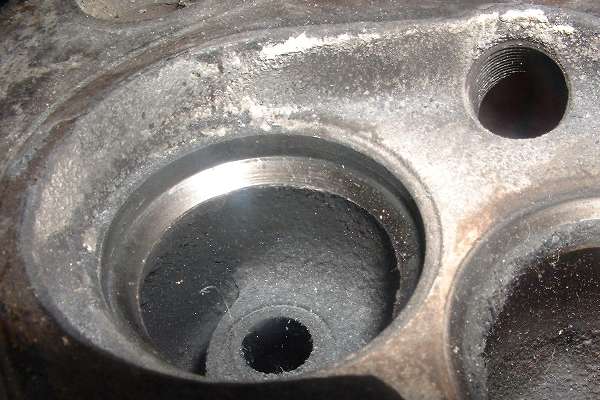
Worn valve seats can cause the valves to lose contact with the seat, which can lead to leaks and reduced sealing. All of these issues can cause oil to leak or burn, leading to reduced engine efficiency and performance.
Worn Camshafts, Crankshafts, and Bearings
Worn camshafts, crankshafts, and bearings are all moving parts in the engine that can become worn due to the constant movement and stress they are subjected to. A worn camshaft can cause problems with the timing of the valves, leading to reduced performance and efficiency.
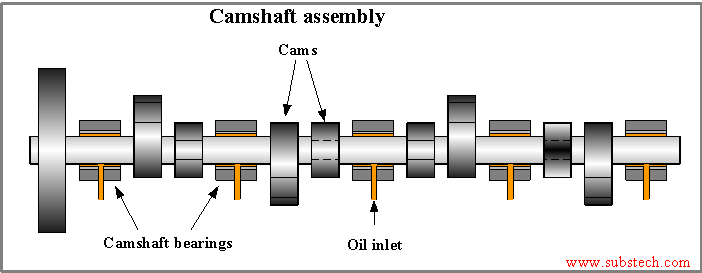
A worn crankshaft can cause the engine to vibrate excessively and lead to power loss. Worn bearings can cause the engine’s moving parts to rub against each other, leading to increased friction and wear. All of these issues can cause problems with the engine’s operation and can lead to oil leaks and burning.
Generally, it is important to regularly maintain and replace worn parts to keep the engine from burning oil and also to ensure the smooth and efficient running of your car’s combustion engine.
Failed Oil Seals
Oil seals are designed to prevent oil from leaking out of the engine. If an oil seal fails, it can allow oil to leak into the combustion chamber, where it can be burned along with the fuel.
Overfilled Oil
If the oil level in the engine is too high, it can enter the combustion chamber and be burned. This can be caused by accidentally overfilling the oil or a problem with the oil pump.
Engine Damage
If the engine has been damaged, it may start to burn oil. This could be due to a collision, engine overheating, or other problems.
Fixes For Car Burning Oil
The fix for a car that is burning oil will depend on the underlying cause of the problem. Here are some possible solutions:
Replace Worn Engine Parts
If worn engine parts cause the problem, the mechanic may recommend replacing the damaged parts. This could include things like piston rings, cylinder walls, or valves.
Replace Failed Oil Seals
To eliminate the oil leak or burn, an oil seal that has failed will need to be replaced.. This will typically involve disassembling the engine to access the seal and replacing it with a new one.
Adjust the Oil Level
The mechanic will need to drain some of the extra oil if the oil level is too high. The mechanic will also have to top off the engine’s oil if it is too low.
Repair or Replace the Engine
If the engine has been damaged, it may need to be repaired or replaced. This will depend on the extent of the damage and the cost of the repair.
Address Oil Consumption
If the car is consuming oil excessively, the mechanic may recommend using a different type of oil or changing the oil more frequently. In some cases, the problem may be due to a problem with the engine and will require further repair or replacement.
Conclusion
Some symptoms can indicate that your car is burning oil. Some common symptoms include a decrease in oil level, blue or white smoke coming from the exhaust, a burning smell, and increased engine noise.
Some common causes include worn or damaged engine components, such as piston rings or valve seals, which can allow oil to escape into the combustion chamber. Other potential causes include an overfilled oil level, engine or system leaks, or a problem with the oil pump.
There are several possible solutions for an oil-burning car. The root cause of the problem will determine the best solution. Repairing leaks in the engine or oil system, replacing worn or broken engine parts like the piston rings or valve seals, and changing the oil level are some typical repairs for a car that is burning oil.
FAQs
What causes a car to burn oil?
In many cases, a car burns oil because parts of the engine have worn out or been damaged, such as the piston rings or valve seals. Inadequate oil level, oil system leakage, or a malfunctioning oil pump are other possible causes.
How do you diagnose a car burning oil?
Loud noises, thick exhaust fumes, fuel inefficiency, and constant low oil levels are symptoms that show your car burns oil.
Does oil that’s thicker burn better?
When working at higher temperatures, oils with a greater viscosity grade are preferable since they reduce oil consumption. When oil is at its highest temperature and thinnest viscosity, it burns.

